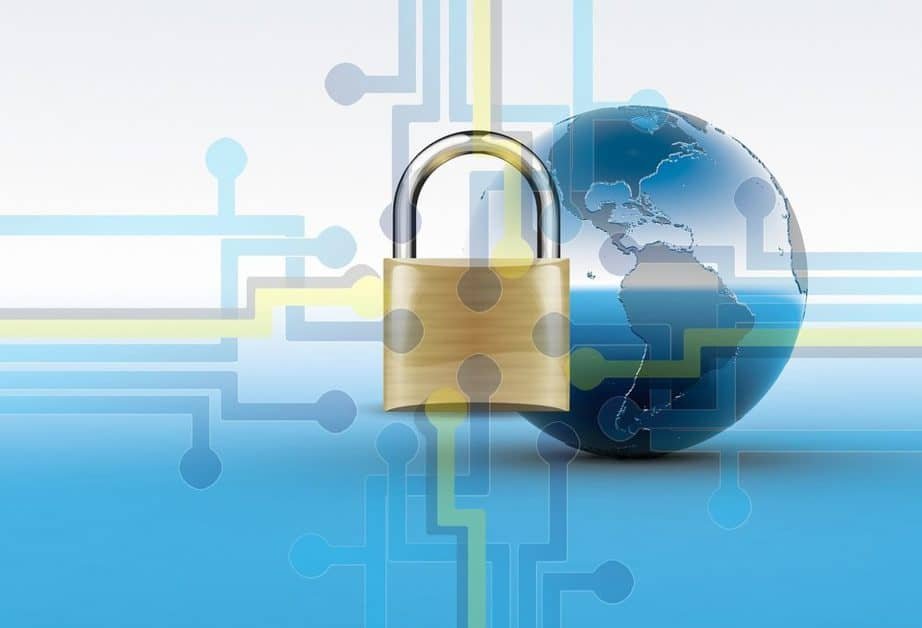Millions of people around the world are passionate online gamers. Whether you want the thrill of competitive multiplayer games or the immersive worlds of massively multiplayer online role-playing games (MMORPGs), it is essential to prioritize your safety while venturing into the virtual realm. With the rise of cyber threats, including malware and viruses, staying safe online is more important than ever. This article will explore practical tips and strategies to help you stay safe from malware and viruses while indulging in your favorite online gaming adventures.
Understanding the risks
Before delving into how to stay safe, it is crucial to understand the risks associated with online gaming. The digital landscape is teeming with cybercriminals who exploit vulnerabilities in games and gaming platforms to distribute malware and viruses. These malicious programs can compromise your personal information and financial data and even gain unauthorized access to your gaming accounts. Recognizing the risks is the first step toward protecting yourself.
Keep your system updated
Ensuring that your gaming system has all the most recent security updates is an essential aspect of staying safe online. Game developers and platform providers regularly release updates that address security vulnerabilities and bugs. By keeping your system updated, you fortify your defenses against potential threats and reduce the risk of malware and viruses infiltrating your gaming experience.
Secure your network
A secure network is crucial for safe online gaming. Start by ensuring that your home Wi-Fi network is password protected and encrypted. Change the default router password to a strong, unique one to prevent unauthorized access. Consider using a virtual private network (VPN) when gaming online. A VPN encrypts your internet traffic, safeguarding your data from prying eyes and potential hackers.
Be wary of downloads
One of the most common ways cybercriminals distribute malware and viruses is through malicious downloads. Exercise caution when downloading game mods, patches, or other files from unofficial sources. Stick to reputable platforms and official game websites to minimize the risk of encountering infected files. Before downloading anything, scan it with reliable antivirus software to detect and eliminate potential threats.
Utilize strong passwords
Your gaming accounts hold valuable personal information and progress you have worked hard to achieve. Use strong, unique passwords for each gaming account to prevent unauthorized access. Avoid using easy-to-guess passwords like your name or birthdate. If you need help storing and/or creating strong passwords, you can use a password manager.
Enable two-factor authentication
Two-factor authentication (2FA) adds extra security to your gaming accounts. By enabling 2FA, you ensure that even if someone obtains your password, they won’t be able to access your account without the second verification step. Most gaming platforms and services offer 2FA options, such as using an authenticator app or receiving verification codes via email or SMS. Enable this feature whenever possible to enhance your account’s security.

Stay informed and educated
Cyber threats are constantly evolving. It is crucial to stay informed and educated about the latest trends and security practices to stay safe from malware and viruses. Follow reputable cybersecurity blogs, subscribe to gaming forums, and watch official announcements from game developers and platform providers. By staying ahead of the game, you can take proactive measures to protect yourself and adapt to emerging threats.
Use antivirus software
Installing reputable antivirus software is an essential step in safeguarding your gaming system from malware and viruses. Choose a trusted antivirus program that offers real-time scanning and automatic updates. Regularly scan your system for potential threats and ensure that your antivirus software is always running in the background while gaming. This will help detect and eliminate any malicious programs that may attempt to compromise your system.
Exercise caution in online interactions
Online gaming often involves interacting with other players. While most players are friendly and genuine, there’s always the risk of encountering individuals with malicious intent. Be cautious when sharing personal information or engaging in conversations with strangers. Avoid clicking on suspicious links or visiting external websites shared by others. Exercise discretion and report suspicious or inappropriate behavior to the game administrators or moderators.
Regularly back up your game data
Imagine spending hours on end to level up your character or completing challenging quests, only to lose all your progress due to a malware attack or system failure. To avoid such devastating losses, regularly back up your game data. This can be done by manually copying your game saves to an external storage device or utilizing cloud storage services offered by game platforms. By backing up your game data, you ensure that even if an unfortunate event occurs, you can quickly recover and resume your gaming journey.

When it comes to online gaming, prioritizing your safety and security is crucial. By implementing these strategies, you can focus on what truly matters – enjoying the exhilaration and camaraderie of online gaming while keeping the digital dangers at bay. Stay safe, and happy gaming.











FIND US ON SOCIALS